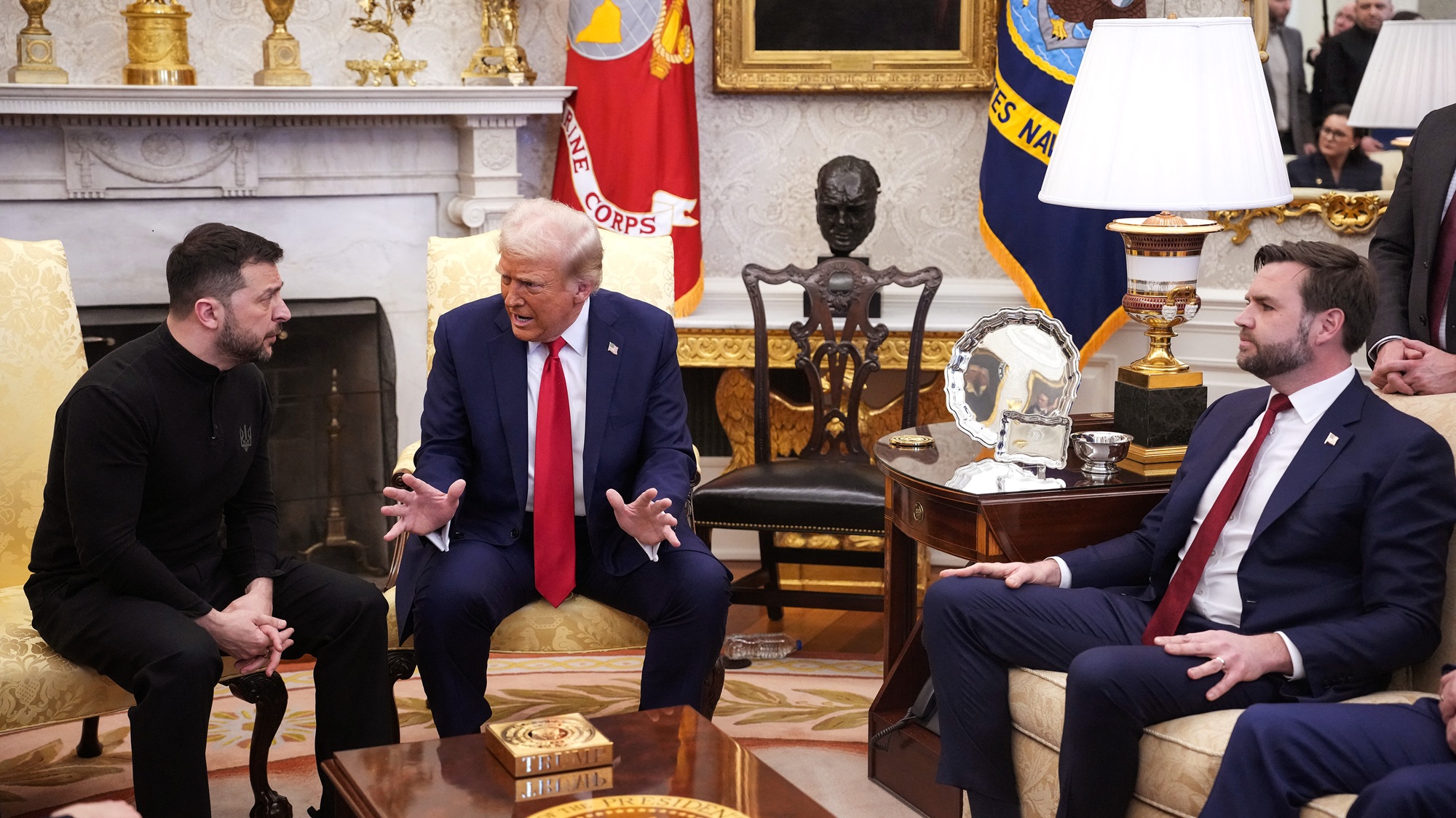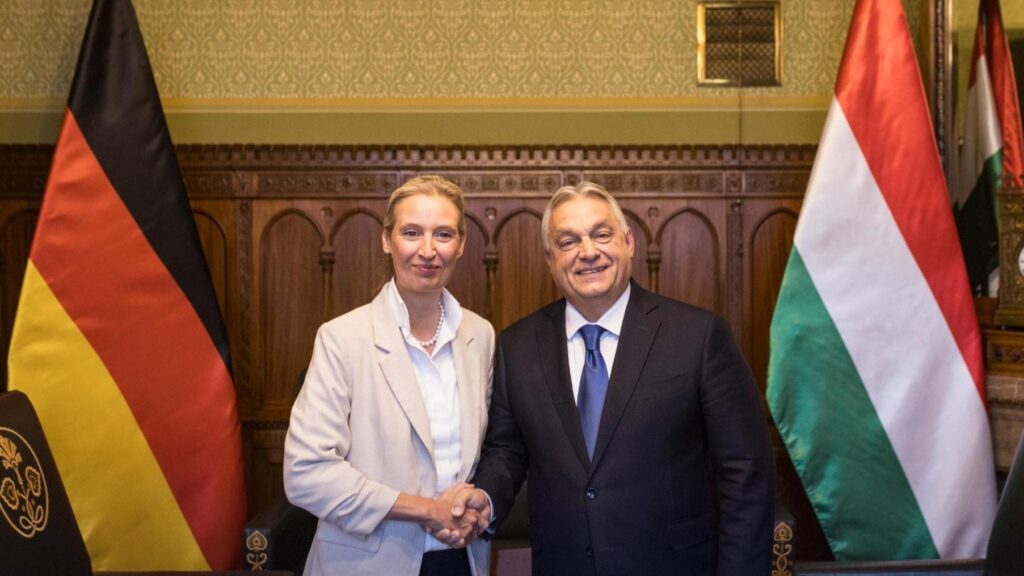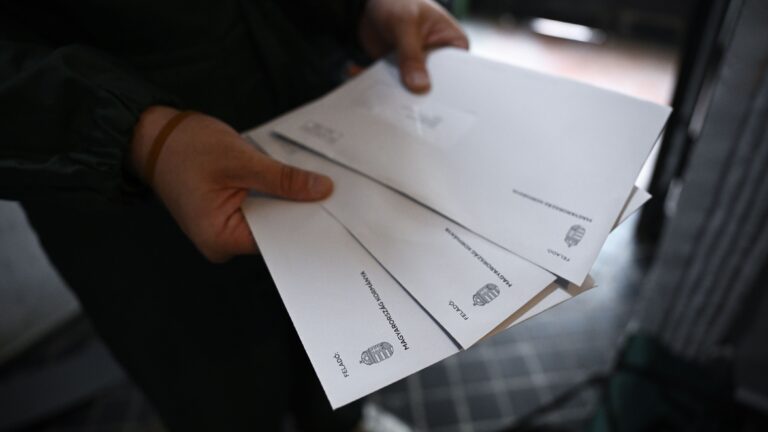Former senior adviser to US President Donald Trump and Vice President JD Vance, Steve Cortes, penned an unusually harsh—yet arguably accurate—opinion piece in Newsweek regarding the fallout from Ukrainian President Volodymyr Zelenskyy’s recent fiasco involving the country’s anti-corruption agencies. Cortes contends that the raids targeting the National Anti-Corruption Bureau of Ukraine (NABU) last week demonstrate that Ukraine’s leadership continues to struggle with rooting out corruption within its own ranks—prompting growing scepticism and a revaluation of support for Kyiv among ordinary Americans.
‘Zelenskyy and his effective co-president, Andriy Yermak, act in very authoritarian ways themselves—and increasingly reveal to the world that they are not transparent, reliable partners for the United States,’ Cortes wrote at the outset of his article. Trump’s former adviser was referring to the deteriorating state of Ukraine’s anti-corruption efforts.
On 21 July, Ukrainian authorities raided the headquarters of NABU, allegedly over suspicions of Russian espionage. The head of a local NABU office in the eastern city of Dnipro was also detained as part of the sweep. At least 15 NABU detectives were subjected to searches, some reportedly connected to unrelated traffic incidents rather than espionage.
Established in 2015, NABU is a specialized law enforcement agency charged with the task to investigate high‑level corruption and prepare cases for prosecution—though only the Special Anti‑Corruption Prosecutor’s Office (SAPO) can formally indict suspects. Created under conditions set by the IMF and the European Union, both agencies have played a key role in Ukraine’s reform agenda and high‑profile corruption investigations.
Just a day after the NABU-raid, Zelenskyy signed into law a bill passed by the Ukrainian parliament that brought NABU—an independent agency—and SAPO under the authority of the Prosecutor General of Ukraine. Since the prosecutor general is appointed by the president, the move effectively grants Zelenskyy significant influence over which corruption cases are pursued. Critics argue that the change undermines checks and balances and constitutes a serious breach of the rule of law.
The move provoked immediate backlash. Both G7 countries and the European Commission voiced serious concerns over the new legislation and the raid on NABU, signalling plans to raise the issue with the Ukrainian government. Enlargement Commissioner Marta Kos condemned the development as a ‘serious step back’ in Ukraine’s anti-corruption efforts and a blow to its EU accession process. Republican Senator Lindsey Graham—a staunch supporter of Ukraine’s self-defence—also criticized the bill. In Ukraine, the domestic response was equally fierce: thousands of citizens took to the streets of Kyiv in protest, marking the first major anti-government demonstration since the war began three years ago.
Faced with mounting pressure, Zelenskyy quickly backtracked. On Wednesday, he pledged to introduce a new anti-corruption bill in the parliament following consultations with key European allies, including German Chancellor Friedrich Merz and British Prime Minister Keir Starmer.
‘The American people have been unbelievably generous, but our patience is wearing thin and our budgetary accounts run red with deficits. In this case, given the latest tactics and optics of the Zelenskyy/Yermak regime, it becomes ever clearer that these counterparts cannot be trusted,’ Cortes asserted. According to him, Zelenskyy’s ‘gangsterism’ is likely to fuel already growing dissatisfaction among Americans over the trajectory of the war in Ukraine.
‘More Americans can move past the PR lies that tried to lionize him [Zelenskyy], and see the harsh reality of Ukrainian corruption’
Citing a June opinion poll, Cortes noted that ‘a 62 percent majority of Americans now say that America should disengage from the war if the two parties cannot find a peaceful resolution, now that President Donald Trump has made good on his promise to demand direct talks between the governments of Zelenskyy and Putin. Even among Democrats, 45 percent support such disengagement. Among young Americans aged 25–44, a stunning 69 percent favor disengagement.’ He attributed this to two main factors: first, the apparent stalemate on the battlefield, which calls for a negotiated solution rather than further US spending; and second, increasing public awareness of misconduct among Ukrainian officials benefiting from Western aid.
As a case in point, Cortes referenced NABU’s earlier recommendation to remove Deputy Prime Minister Oleksiy Chernyshov from his position and require him to post bail pending an investigation into alleged corruption. However, Chief of Staff Yermak refused to dismiss the official, who remains in his role to this day.
‘For Americans, ever since Zelenskyy came to our capital in a T-shirt and condescendingly lectured President Trump in the Oval Office, the true nature of Kyiv’s leaders has become clear. Now, more Americans can move past the PR lies that tried to lionize him, and see the harsh reality of Ukrainian corruption,’ Cortes concluded.
Related articles:







